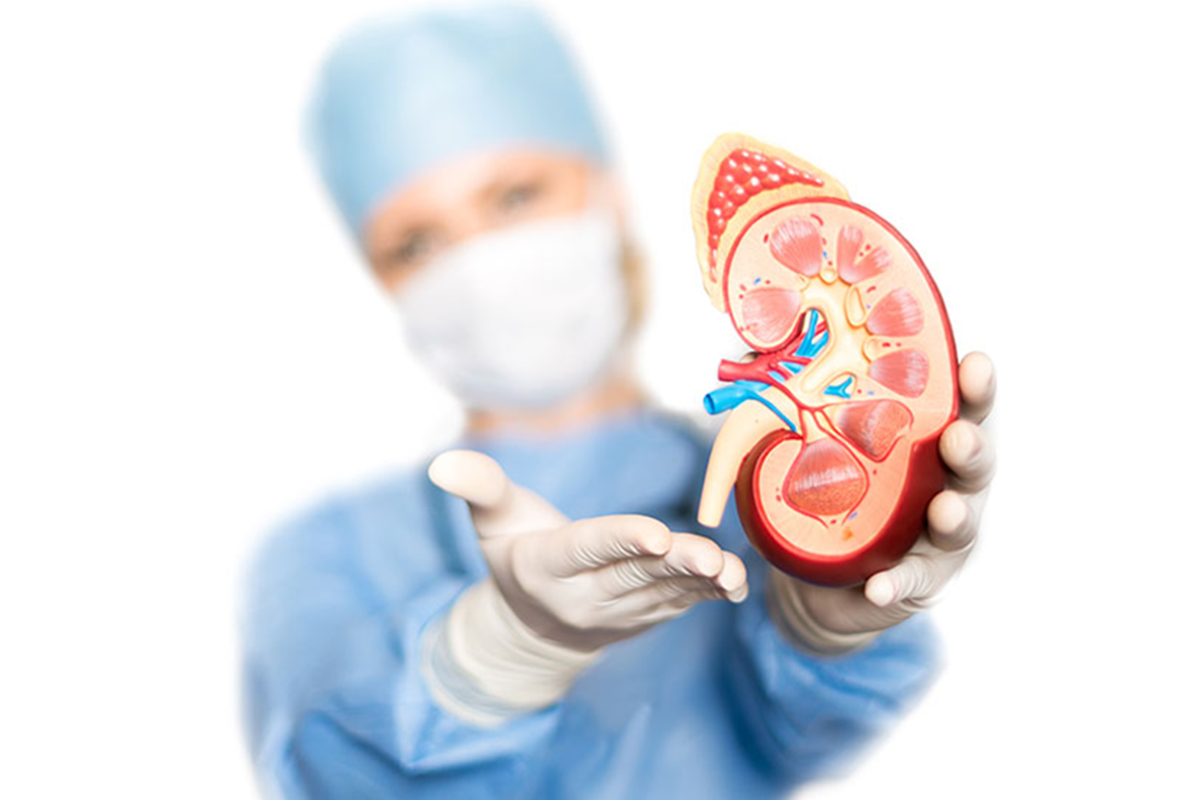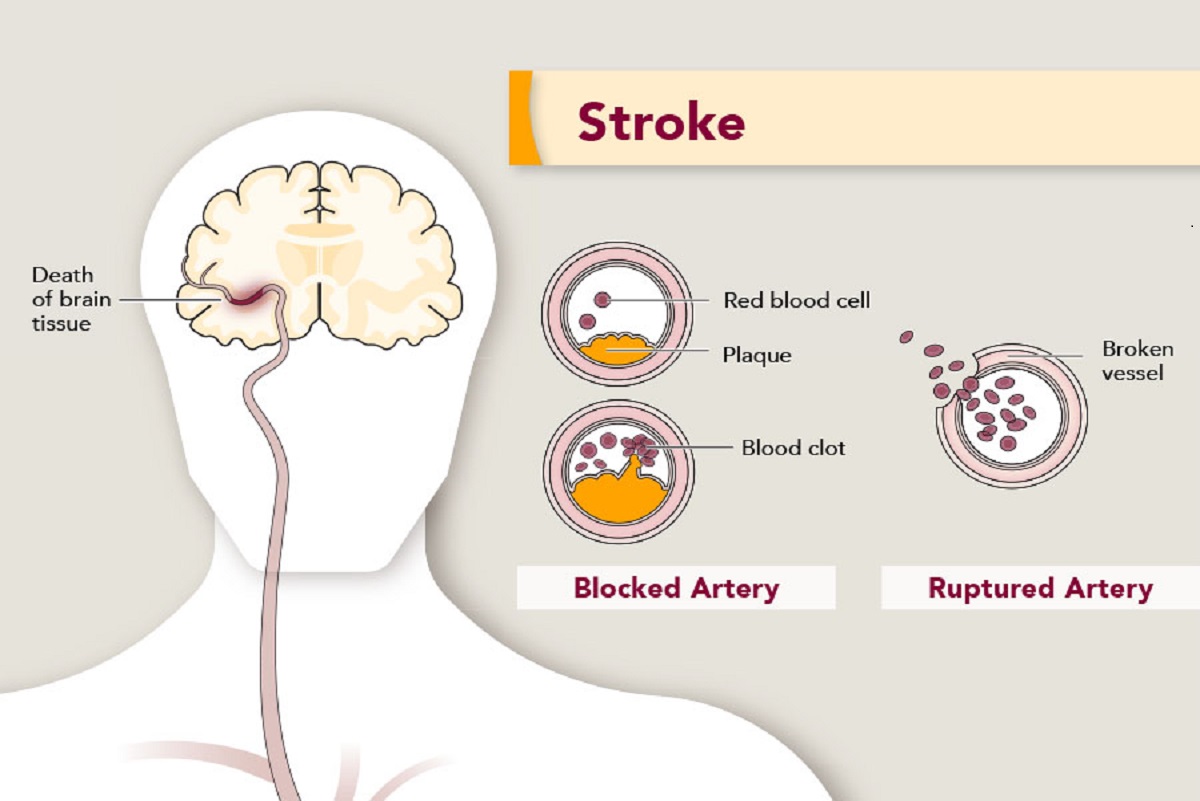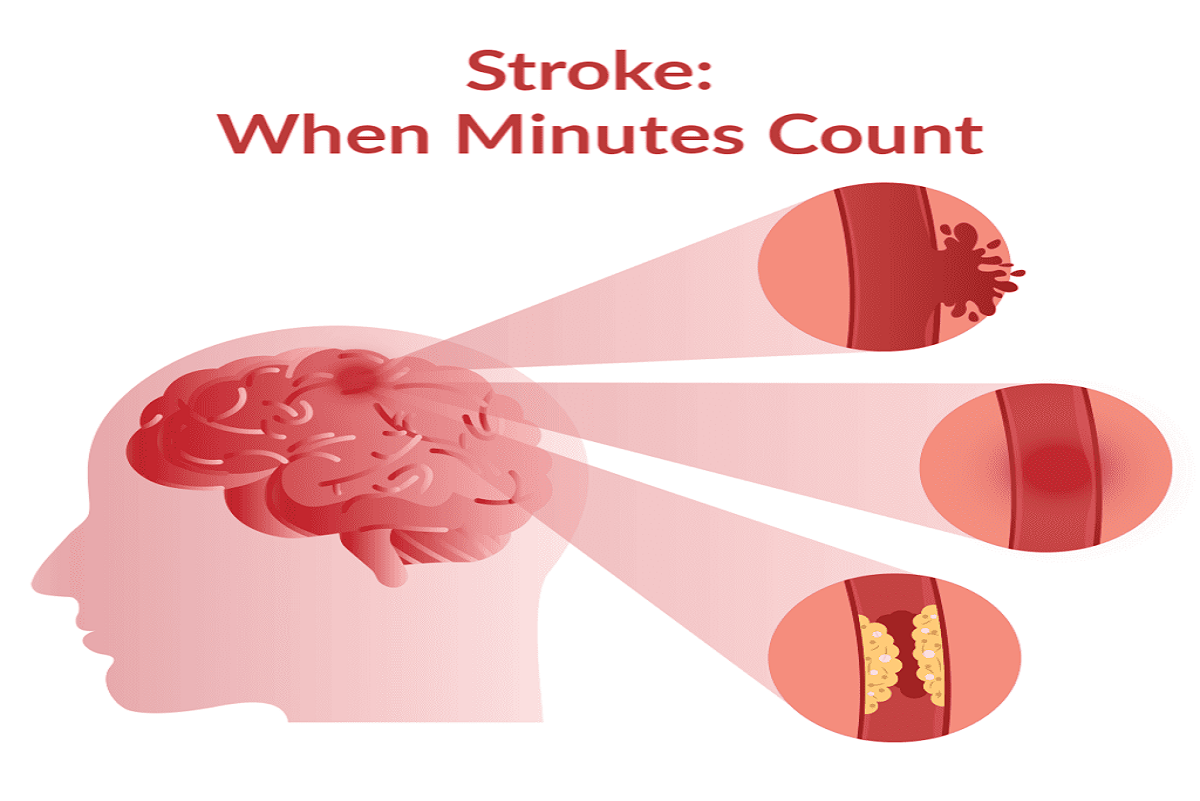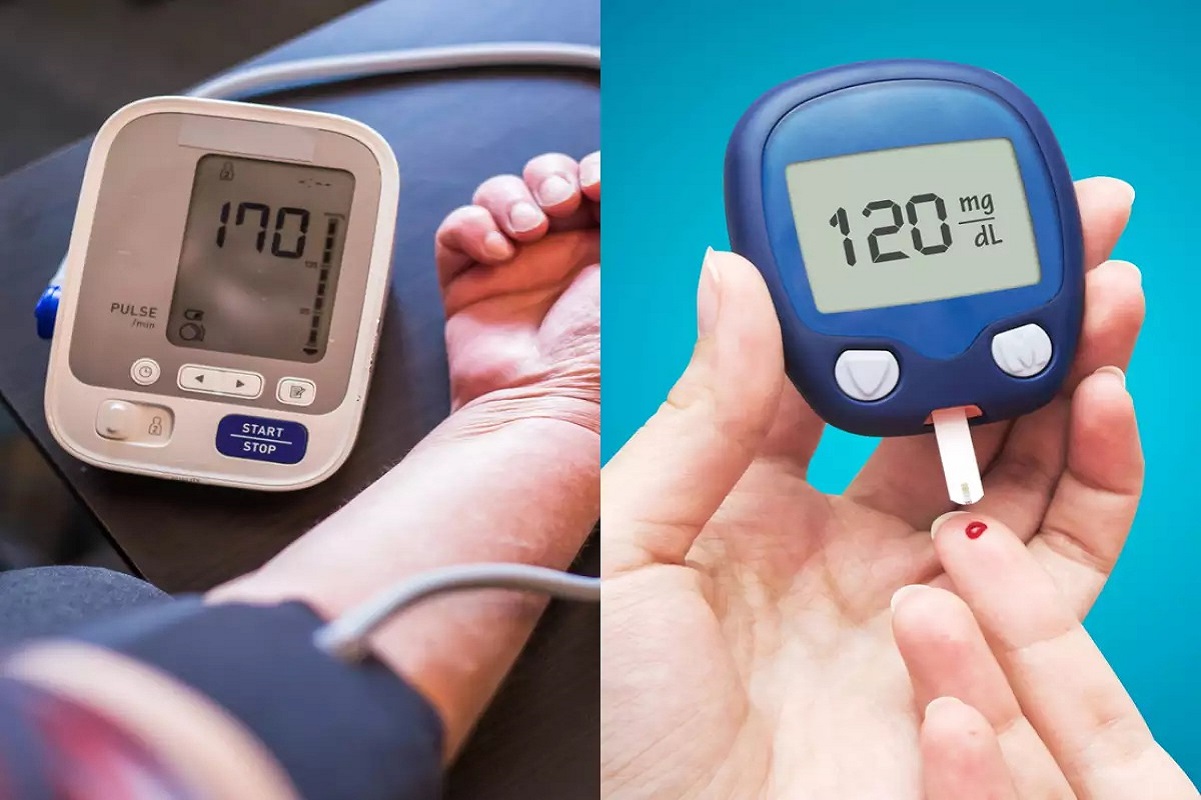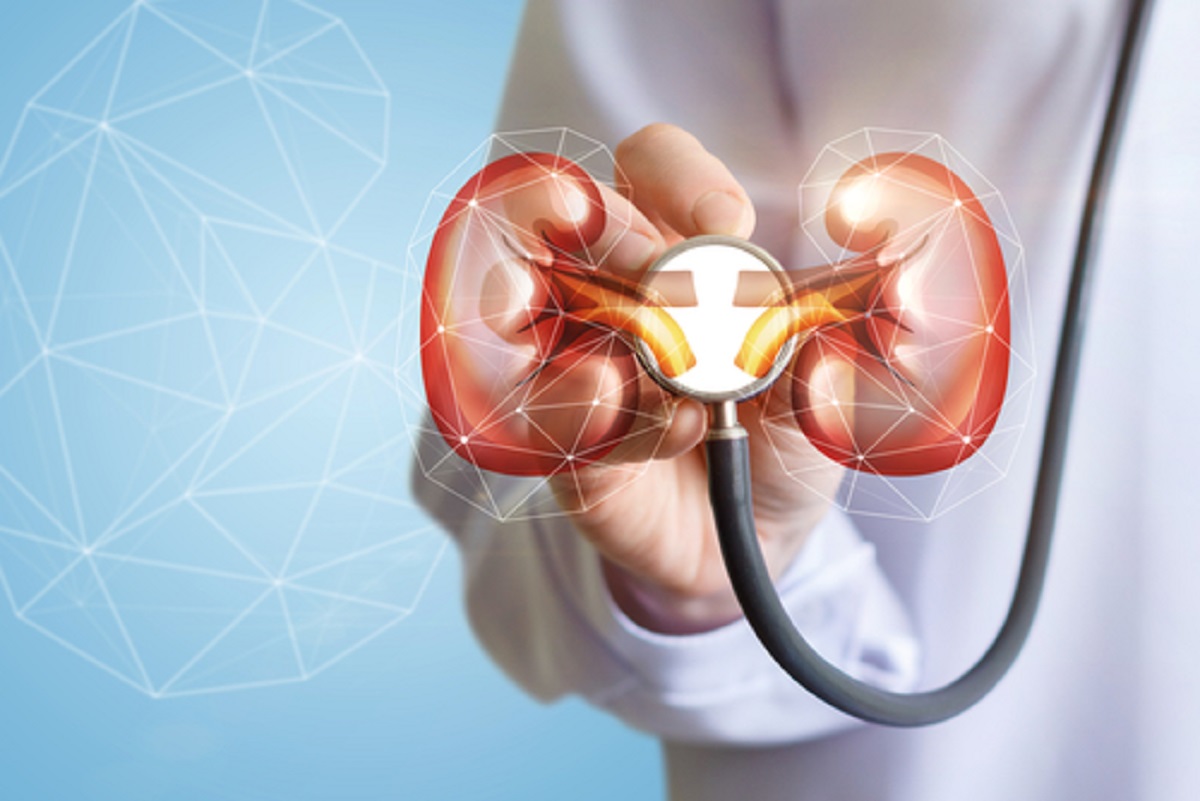
Relation between Hypertension and Kidney
By Dr. Sagar Gupta in Kidney Transplant Nephrology & Renal Transplant
May 17, 2022
May 17 is observed as World Hypertension Day every year with an aim to educate the public and create awareness on high blood pressure (hypertension). This year, the theme of World Hypertension Day is ‘Measure your blood pressure accurately, control it, live longer’.
What is hypertension?
Blood Pressure values which are consistently above a certain threshold (>140/90) is called hypertension.
What are the risk factors of having high blood pressure?
– Elderly age: Our blood vessels naturally thicken and stiffen over time which leads to highr blood pressures
– positive family history of hypertension
– Unhealthy lifestyle habits like eating too much salt, drinking too many alcoholic drinks, being overweight or obese, not being physically active and having a sedentary lifestyle
– Male sex: Men are more likely to develop high blood pressure before age 55; women are more likely to develop it after age 55.
What is the relation between BP and kidneys?
Kidneys help in regulating the body’s blood pressure by multiple mechanisms like handling the salt and water and secreting hormones like renin and aldosterone.
Often the blood pressure increases in kidney diseases. Persistently high BP is also the second most common cause of kidney disorder (chronic kidney disease). Its like the chicken and egg story- high blood pressure can be both a cause and a result of kidney disease.
What are the harmful effects of high blood pressure?
Persistently elevated blood pressures causes damage to the brain, eyes, heart, kidneys and the blood vessels. When hypertension damages the kidneys, it leads to chronic kidney disease.
What is chronic kidney disease or CKD?
CKD or chronic kidney disease is the medical condition when there is longstanding (more than three months) impairment in the functioning of kidneys. Eventually, it may lead to kidney failure (or end-stage renal disease), necessitating initiation of renal replacement therapy in the form of dialysis or kidney transplantation.
What can be done to prevent damage from hypertension?
If you have hypertension, make sure you see a nephrologist (kidney doctor). They can run some tests to find out of there is any reversible cause of the elevated blood pressure.
If you do have hypertension, you can do the following things to ensure your bp stays under control:
- Eat a low salt diet
- Exercise regularly like walking, jogging and doing yoga
- Stop smoking if you do
- Consume alcohol in moderation
- Reduce weight if you are overweight or obese
- Take your medicines regularly as advised by your doctor.
Rest as the theme goes, ‘Measure your blood pressure accurately, control it, live longer’




